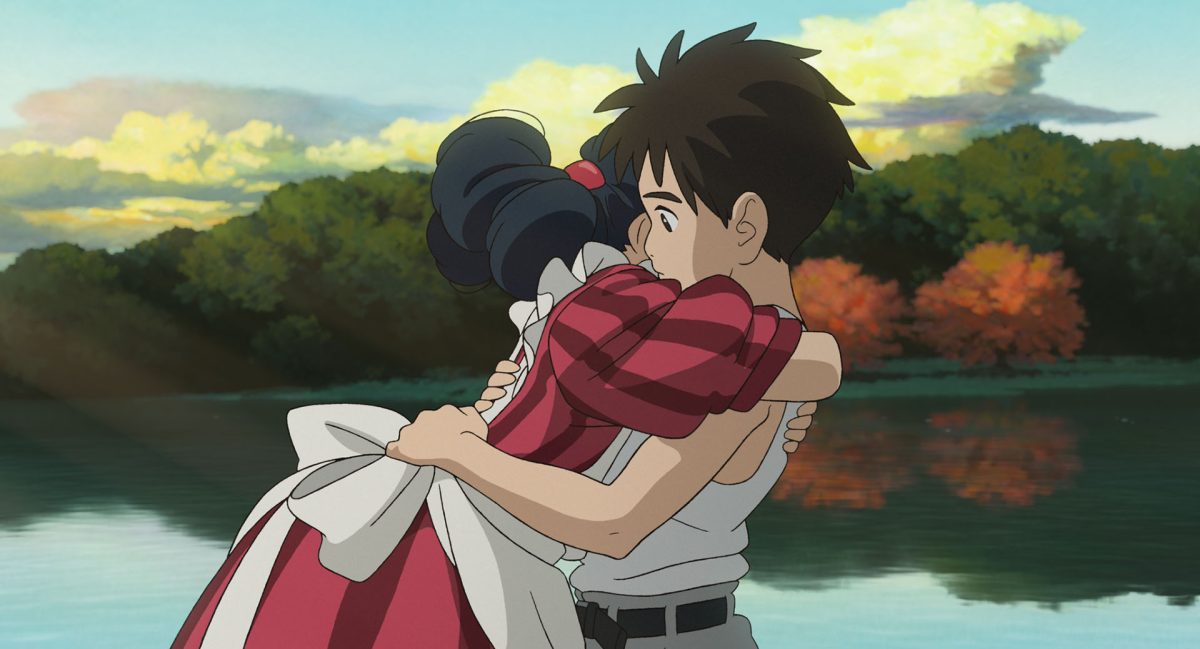In the midst of various women’s rights debates and the “He for She” campaign promoting feminism as equality between both sexes, a very serious problem has been overlooked by our society. Honor killings, or the murder of an individual who has “brought shame” in some way to their family, are common in cultures where male dominance is prevalent and a woman’s sexual and reproductive organs are seen as the property of her family and not herself. This is an issue which gains media traction once in awhile but has not received enough attention to be regarded as the social crisis it is.
The AHA foundation, a leading organization which defends the rights of women worldwide, recently reported that there are between 25 to 28 honor killings each year in the United States. The Honor Based Violence Awareness Network (HBVA) found that 12 girls die each year in the UK at the hands of immediate and extended family for refusing to comply with cultural standards or overseas arranged marriages. In countries such as India and Pakistan, the HBVA recorded more than 1,000 honor deaths per year.
The chilling reality of honor-based violence may not be seen every day on the news, but it’s not easily forgotten. In 2008, two teen sisters in Texas were shot to death by their father for having boyfriends. In Georgia, a young woman was strangled for wanting to leave an arranged marriage. A married woman in New York was allegedly beheaded by her husband for trying to get a divorce. Another young girl recently testified against her father in a New York courtroom after he killed various members of her boyfriend’s family. These atrocities are fueled by the belief that a woman’s worth lies in her obedience and that her actions serve as a direct reflection of her entire lineage, a lofty responsibility for any young girl. The violence is not religiously motivated — instead, it is driven by cultural standards that place women beneath men and take away their rights to basic human freedom.
In societies where the culture perpetuates this type of abuse, the alarming statistics might be more easily accepted. However, we must ask ourselves how this sort of atrocity happens so often in the Western World. At the ages of 15 or 16, many girls leave school for weeks in order to travel to their homeland for the purpose of an arranged marriage. Many schools simply accept this and don’t ask any questions for fear of offending parents and disrupting the status quo and fine balance between American culture and the “other.” However, inquiring about a social or cultural custom that one does not understand or may be harmful to the individual in question is not a crime. It is always better to ask and speak up about practices that may be detrimental than to sit in silence and let tragedy unfold. It is the responsibility of schools, counselors and society as a whole to regulate attendance, ask questions and counsel students who a professional predicts is going through a situation that could end tragically.











